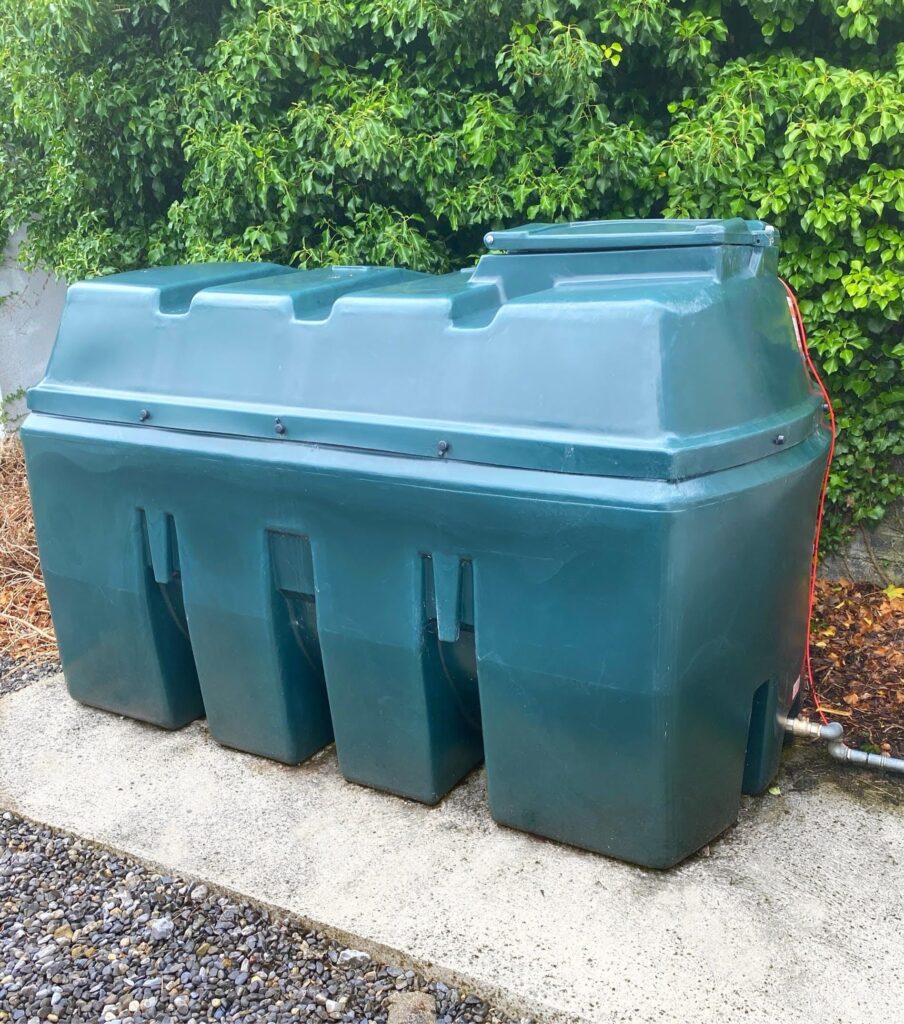Oil tanks are an essential part of many homes and businesses. They provide a safe and reliable way to store oil for heating. However, oil tanks have a limited lifespan, and it is important to know when to replace yours.
Types of oil tanks
There are two main types of oil tanks: aboveground and underground.
- Aboveground oil tanks are the most common type of oil tank. They are typically made of steel or plastic and are located outside the home or business. Aboveground oil tanks are easier to install and maintain than underground oil tanks, but they are also more vulnerable to damage from the elements, unless installed in a basement or a garage.
- Underground oil tanks are buried in the ground. They are typically made of fiberglass or steel and are less visible than aboveground oil tanks. Underground oil tanks are also less vulnerable to damage from the elements, but they are still prone to deterioration due to being underground.
Lifespans of oil tanks
The lifespan of an oil tank depends on a number of factors, including the type of tank, the material it is made of, and the environment in which it is located.
- Aboveground oil tanks typically have a lifespan of about 20 years.
- Underground oil tanks made of steel typically have a lifespan of 10-15 years.
However, it is important to note that these are just general estimates. The actual lifespan of your oil tank may be shorter or longer depending on the factors mentioned above.
Signs that your oil tank needs to be replaced
There are a number of signs that your oil tank may need to be replaced, including:
- Age: If your oil tank is more than 20 years old, it is time to start thinking about replacing it.
- Damage: If your oil tank is damaged or leaking, it must be replaced immediately.
- Rust: If your oil tank is rusty, it is a sign that it is corroding and may eventually leak.
- Bulges or dents: Bulges or dents in your oil tank can be a sign of internal damage. If you notice any bulges or dents in your oil tank, have it inspected by a qualified professional.
How to choose the right oil tank for your needs
When choosing an oil tank, it is important to consider the following factors:
- The type of oil you will be storing: Different types of oil have different storage requirements. For example, heating oil and diesel fuel can be stored in the same type of tank, but gasoline must be stored in a specially designed tank.
- The size of the tank: You need to choose a tank that is large enough to store the amount of oil you will need.
Conclusion
Oil tanks are an essential part of many homes and businesses. However, oil tanks have a limited lifespan, and it is important to know when to replace yours. By following the tips above, you can choose the right oil tank for your needs.

